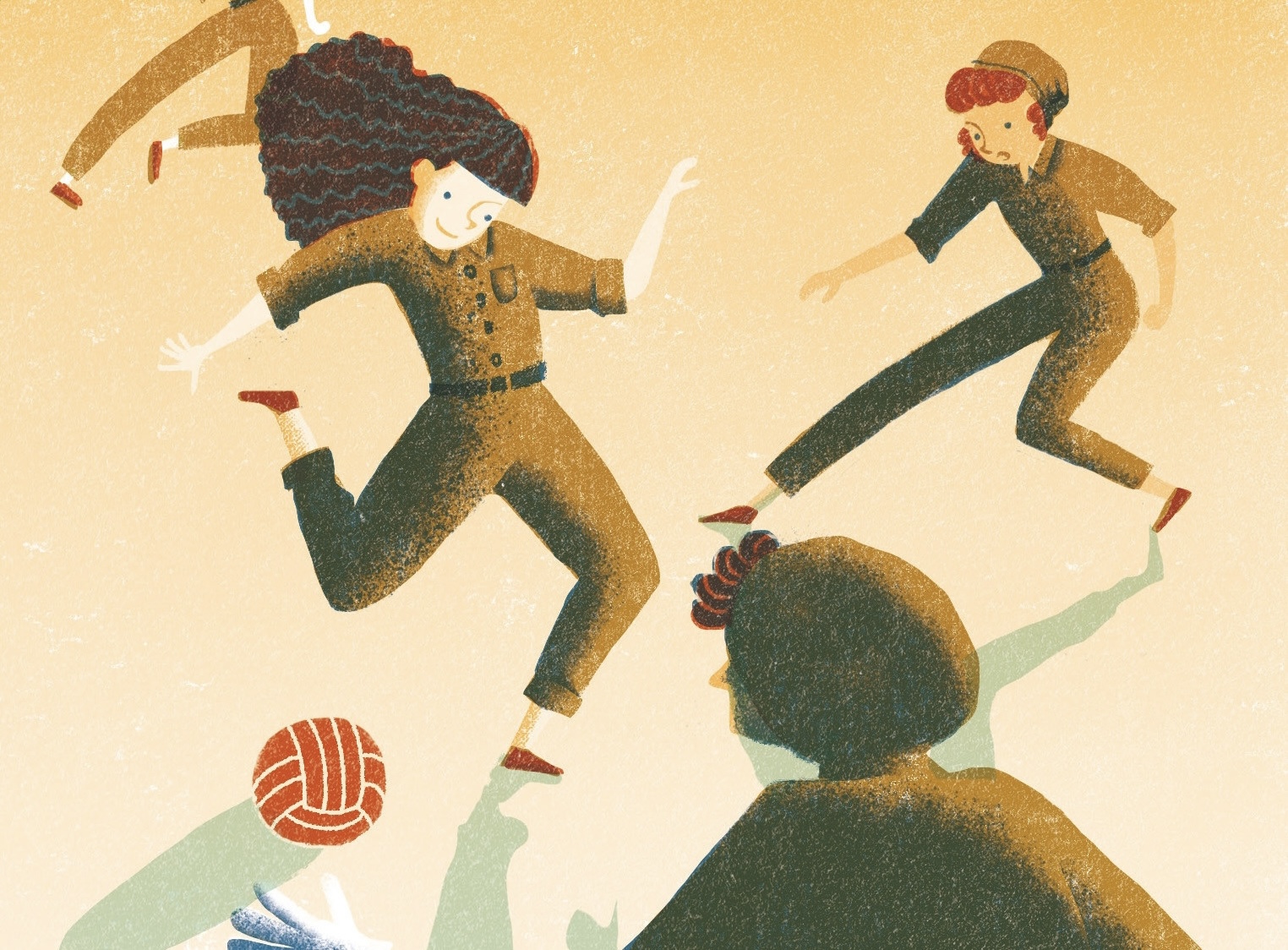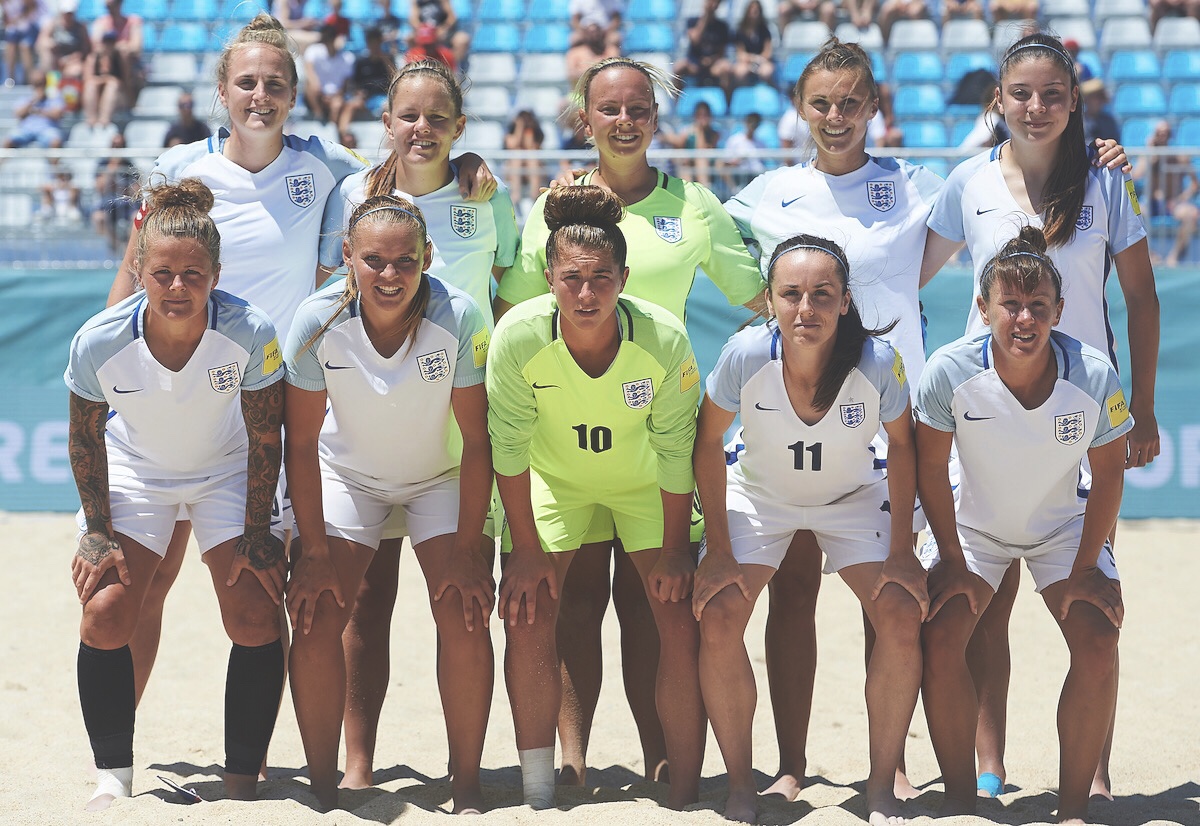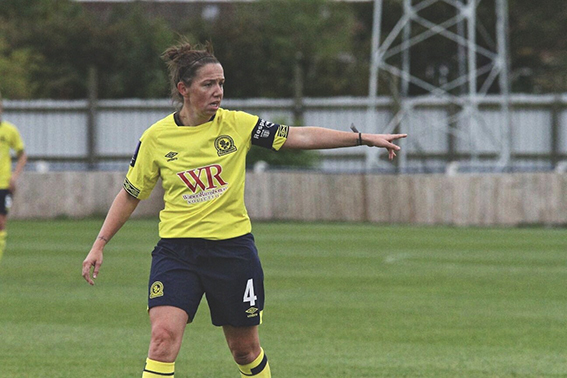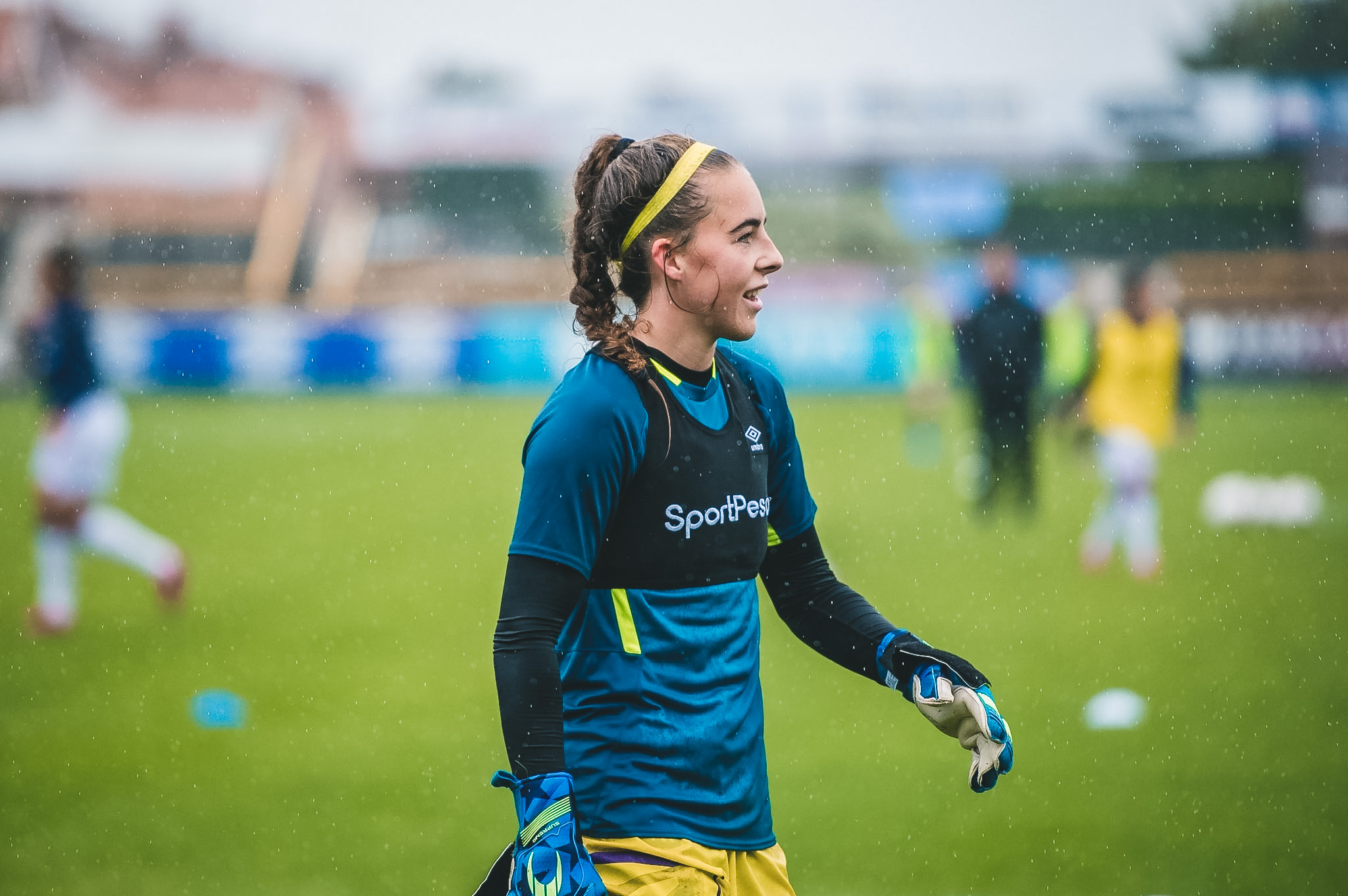Last week I had the pleasure of watching an advanced copy of the new documentary, ‘Lionesses: How Football Came Home.’ It brought back some truly special memories that will stay with many of us forever.
The documentary, by Altitude Films, recounts the story of England’s historic Euro 2022 victory. it features behind-the-scenes footage and insights from those at the centre of the story, namely team captain Leah Williamson, Jill Scott, Mary Earps, Fran Kirby, Keira Walsh, Nikita Parris, Hope Powell, Carol Thomas, Faye Carruthers and many more.
Its director, the Anglo-American Poppy de Villeneuve, began her career as a photographer, working with editorials such as The Telegraph Magazine, The Guardian Magazine, Art Review, British Vogue and Dazed & Confused.
Then moved into video, working on short documentaries and commercial projects working for brands such as Nike, The NFL, Chloé, Ray-Ban, Michael Kors and The New York Times. Also an online series, Song Start for Spotify revealing the starting points and inspiration of musicians, including John Legend and one of my personal favourite artists, Pheobe Bridgers.
I was fortunate enough to have some time to speak to Poppy about the project.
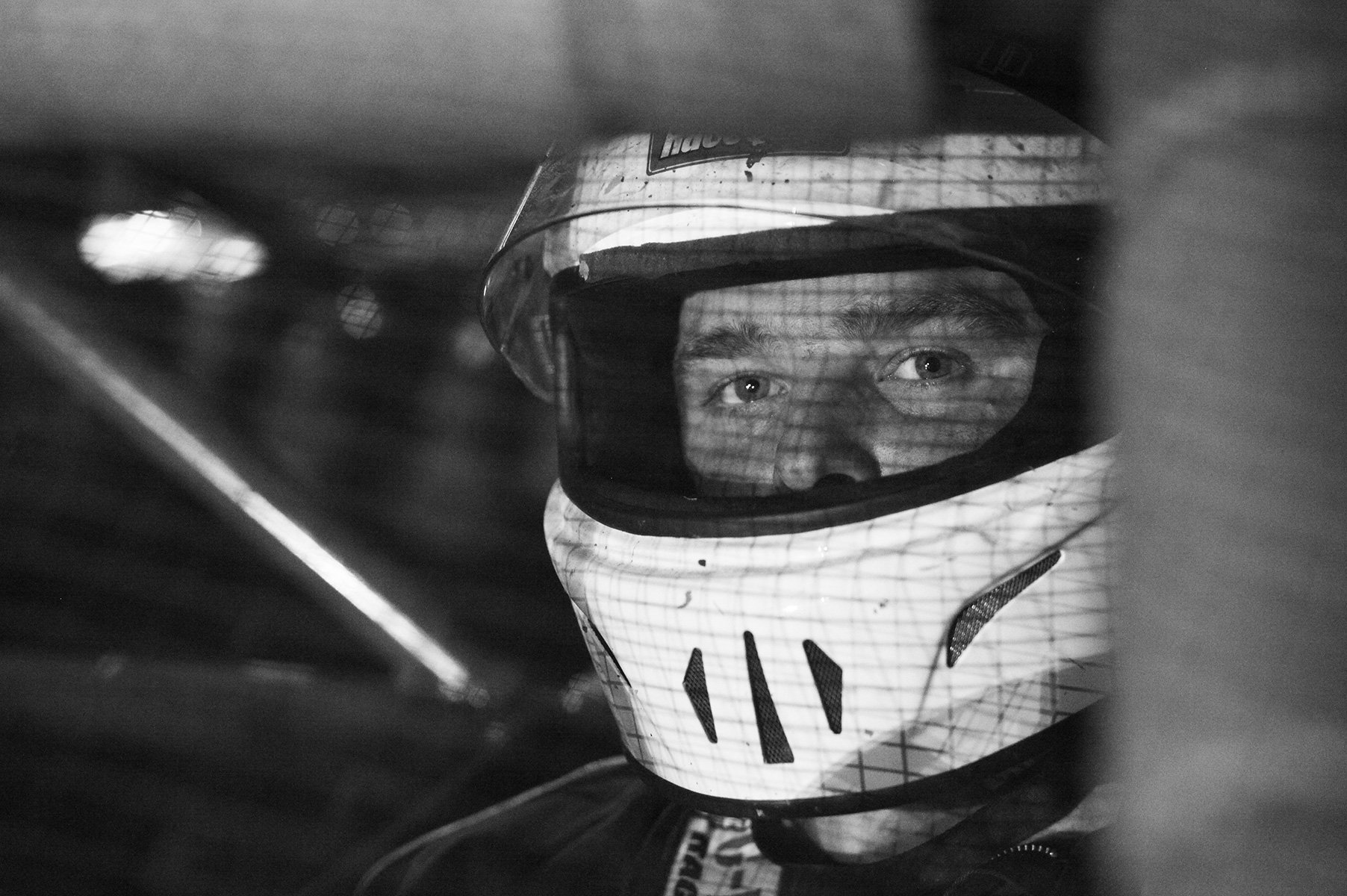
Since 71: Could you tell me about how you came to take the helm and land the role of Director for the documentary?
Poppy: I am a director at Partizan (a production company) and they are connected to Josh Pitt who was woking as Head of Production for the film, we were introduced as my work is female focused, my last feature focuses on four women in Dallas, Texas and they thought I would be a good fit for the film, I chatted with Dan Glynn at Ad Hoc films who I instantly loved, particularly his enthusiasm for these wonderful women and us bringing their personal stories to light and the rest is history.
Could you tell me about your experience of football prior to making the documentary?
A few years ago I made a commercial for UEFA and Enterprise rental cars but besides that and enjoying matches with friends, this was my first real experience really digging into the sport. One of the added benefits of being a director is being emerged in specific worlds, and this one was a complete pleasure to be dropped into. Ad Hoc predominantly make sports focused films, so I had a team around me who knew the ins and outs of football and my desire was to reveal the people who we see out on the pitch, so we would have that balance, their motivations and relationships/friendships and to understand the more universal idea of how they were able to handle themselves so well under pressure, which I believe is something we could all learn from.
How important to you was it to represent the history of the women’s national team when telling the story of this summer’s success?
As soon as I embarked on directing this project it seemed totally clear that the history of the England women’s team and its impact on the 2022 Euros was hugely important.
It also felt important to shine a light on how far the sport had come and those players who helped move the game forward for the women of today and for players of the future to understand their lineage.
Prior to the documentary, were you aware of the adversity the players had to overcome to even get onto the pitch?
I knew nothing before. I found this out when researching at the very beginning of the project. I was really shocked to learn, particularly that women had been banned in England for 50 years, that seemed impossible.
Could you see yourself wanting to make another documentary about the history of women’s football in the UK and the battles fought to get to where we are now?
We definitely only scratched the surface learning about the woman who were monumental in the game, so yes, would love to learn more and uncover those stories and meet more of those women. I feel really pleased many of these women are now getting the recognition and official caps that they deserve and that the FA is honoring them along with today’s team.
You’ve got some great guests contributing to the documentary but was there anyone in particular that you would have liked to have included? What one particular topic would you like to have asked them about?
I would have loved to have talked to Sarina Wiegman, she is exceptionally private which I respect. I was really blown away by her conscious leadership. To be able to lead with confidence and softness is quite unique and as a director leading a team, for me, very instructive. I would have loved to know more about her personal story and how she developed these skills and know about her motivation. She really brings out the best in these women in all ways, and what a gift that is.
As far as another topic, in my initial interviews, we touched on the topic of mental health and I would have liked to have spent more time on that and had more time for it in the film, I believe viewers would be surprised to learn how much the players struggle themselves at moments, that they doubt themselves and have to do the necessary work to stay on track and get their job done at the highest level. It’s inspiring and it also reminds us we are more alike than different.
The last thing I’d like to say is the women I interviewed, Leah, Nikita, Mary, Jill, Kiera and Fran are so generous, so funny… we had so much fun, so really I’d just love to spend more time with them as it was the best!






